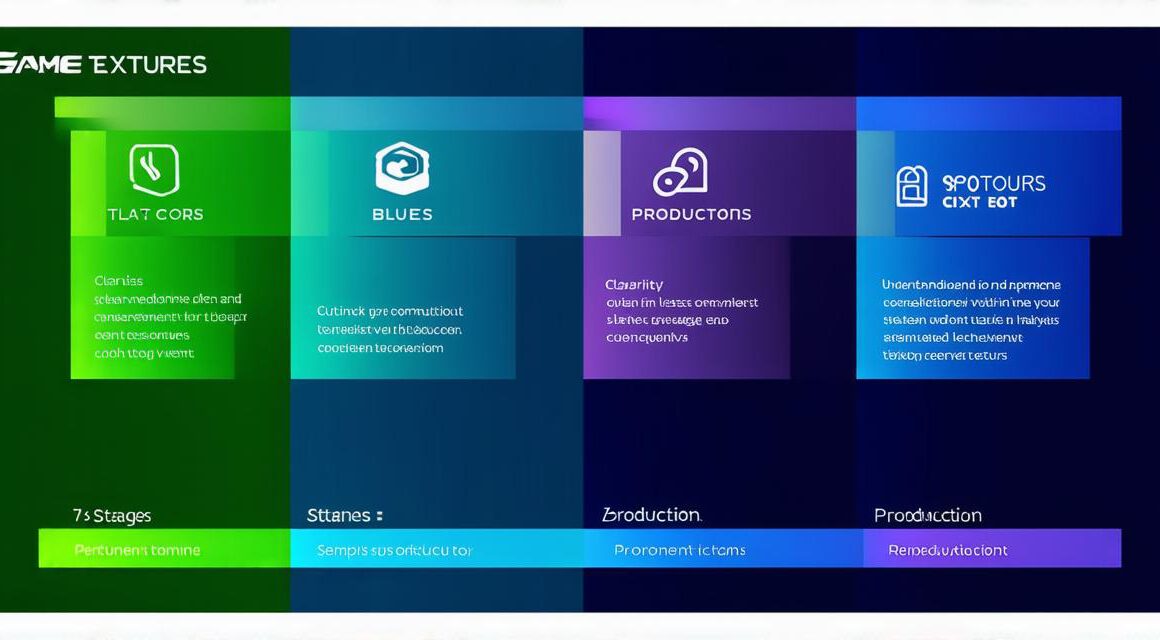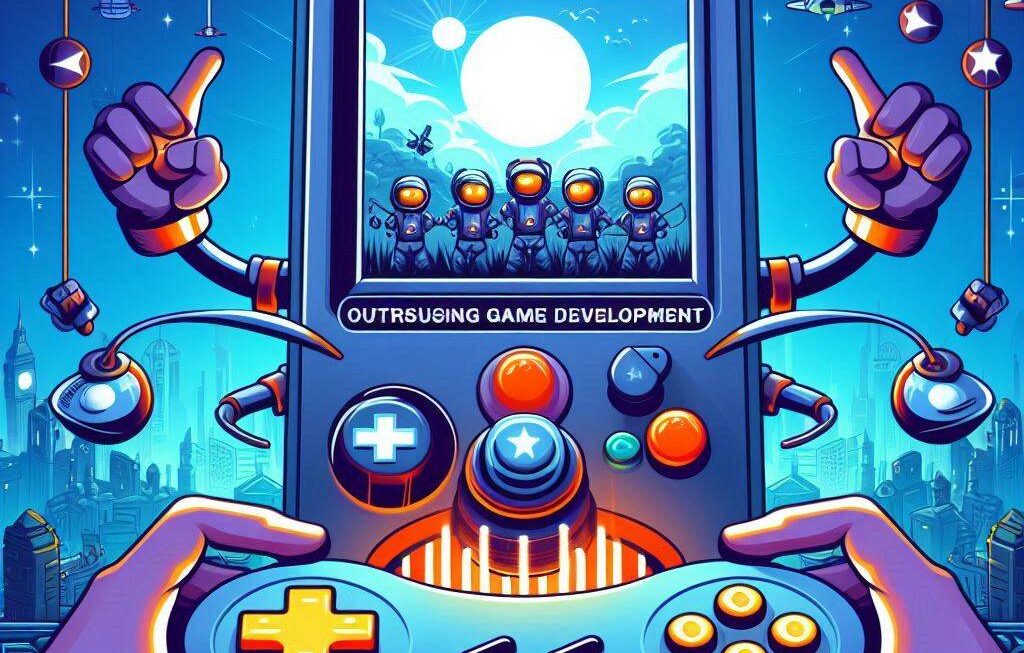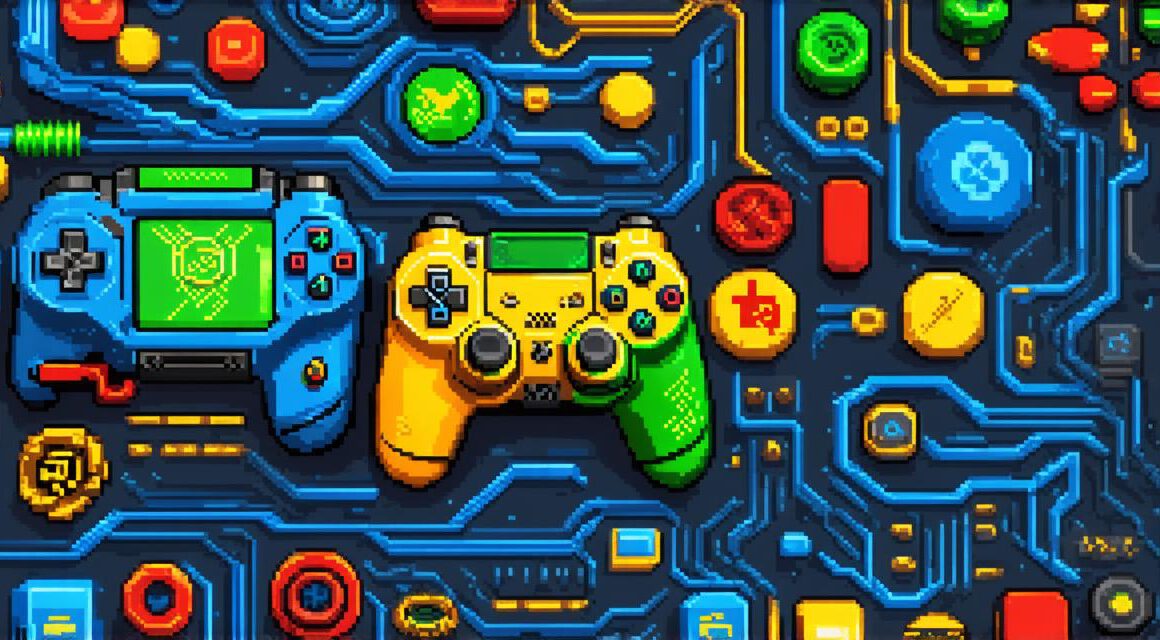1. Conceptualization
The journey commences with an idea, a spark that ignites the creative flame. This is the stage where developers envision the game’s theme, mechanics, and narrative. For instance, Minecraft, born from Markus Persson’s desire to create a game about mining and crafting, was conceived in this very stage.
2. Pre-production
With the concept solidified, developers move into pre-production, where they flesh out the game’s design, storyline, and mechanics. This is a crucial phase, as it sets the foundation for the entire project. It’s like sketching a blueprint before constructing a building.
3. Production

Armed with a solid plan, developers dive into production, where they bring their vision to life. This stage involves creating assets, programming, and integrating these elements into the game. Think of it as the sculptor chiseling away at a block of marble to reveal the hidden masterpiece within.
4. Alpha Testing
As the game takes shape, developers conduct alpha testing, a process that allows them to identify and fix bugs, balance gameplay, and refine the user experience. It’s like a dress rehearsal before the grand opening.
5. Beta Testing
With the game polished, it’s time for beta testing. This stage involves a larger group of players who provide feedback to further refine the game. It’s like inviting the audience to preview the show and offer suggestions for improvement.
6. Launch
After months, sometimes years, of hard work, the game is finally launched. This is the moment of truth, where the developers’ creations are unveiled to the world. It’s like opening night on Broadway.
7. Post-launch Support
The journey doesn’t end with launch. Developers continue to support their games post-launch, releasing updates, patches, and even new content to keep players engaged. It’s like a symphony that continues to play long after the curtain has fallen.
FAQs
1. What tools are commonly used in game development?
Unity, Unreal Engine, and Godot are popular game engines used by developers.
2. How long does it take to develop a game?
The time taken can vary greatly, from a few months for small indie games to several years for AAA titles.
3. Can I become a game developer without any formal training?
While formal education can be beneficial, many successful developers are self-taught. It’s all about passion and perseverance.



